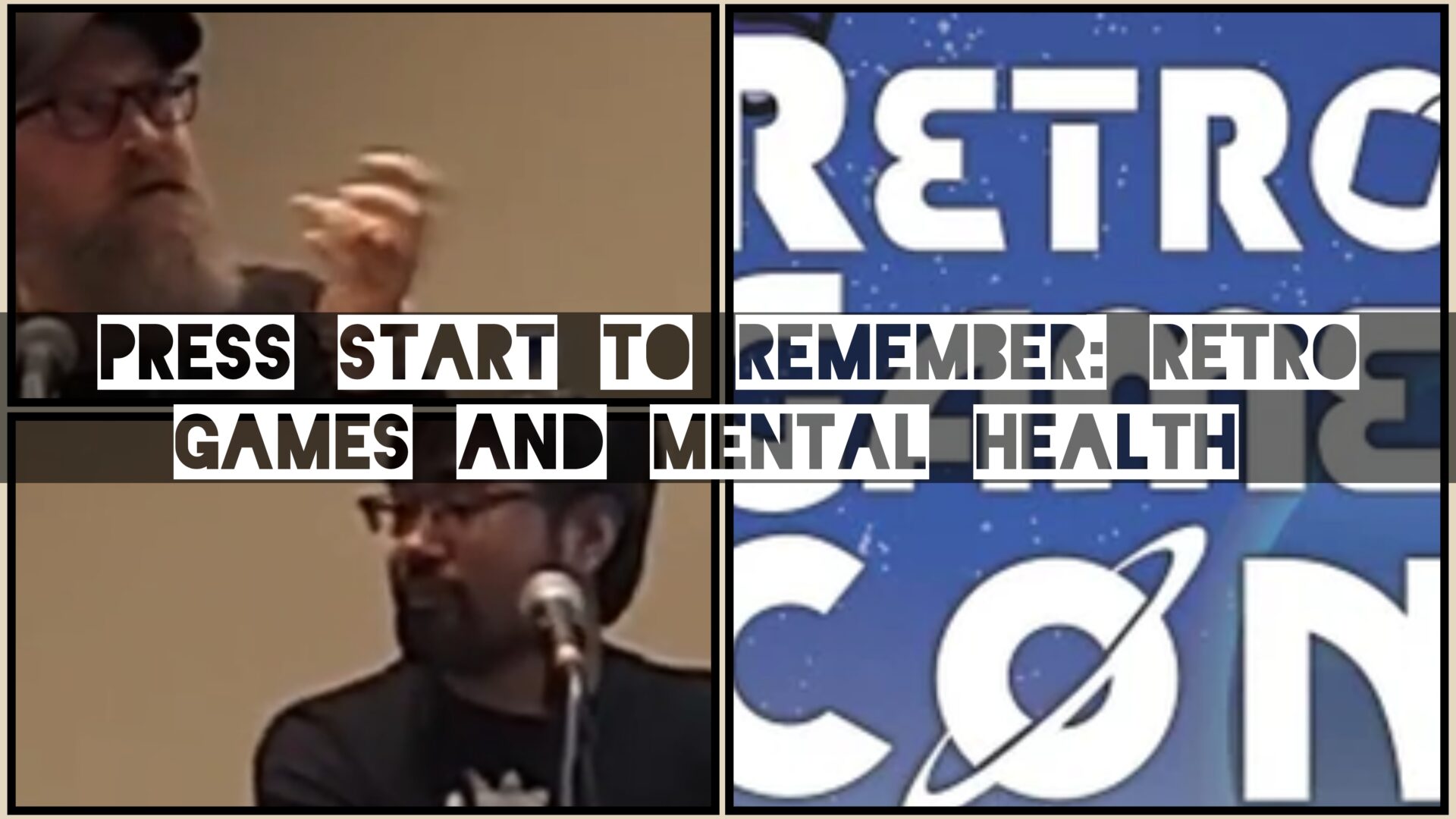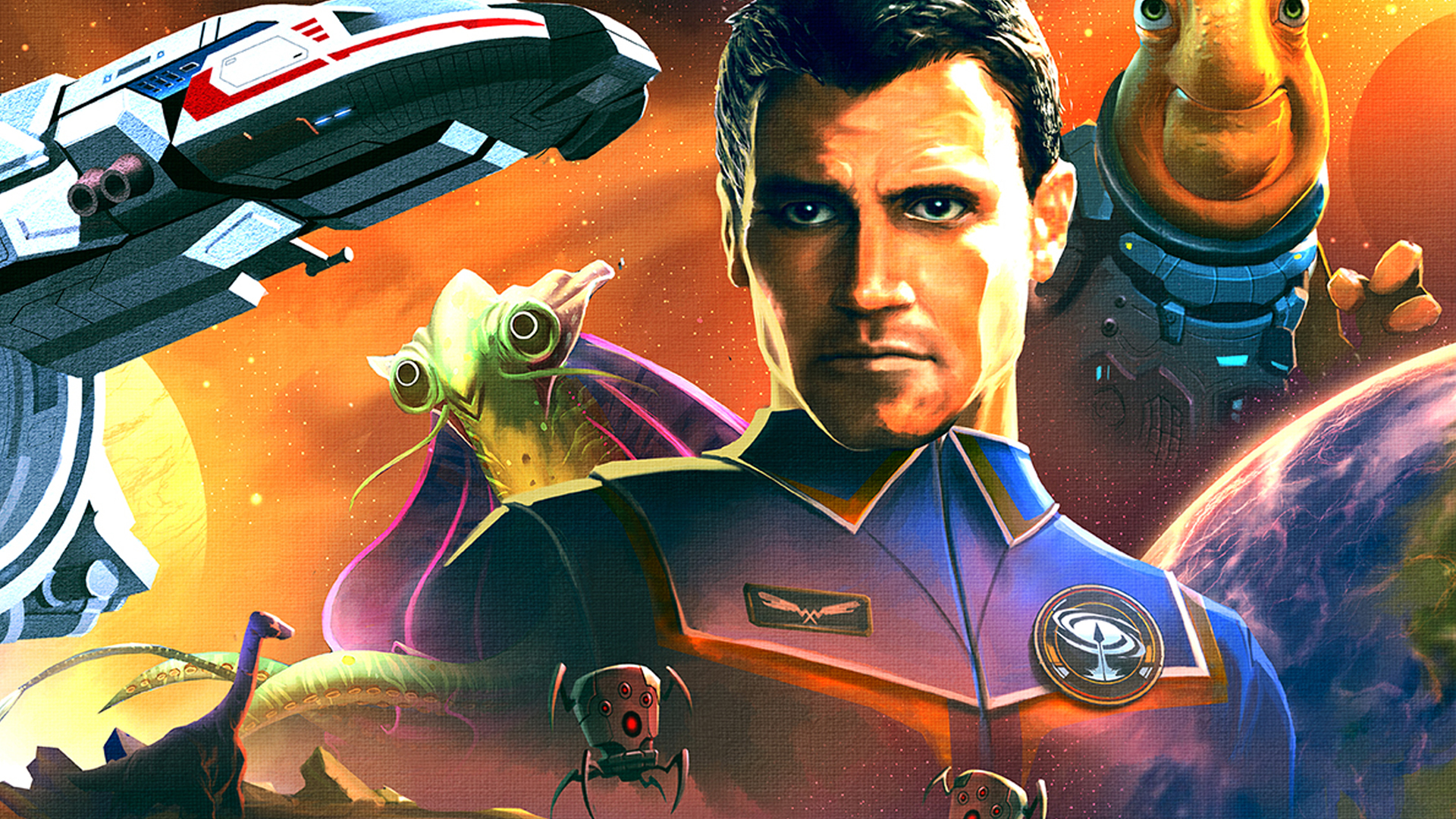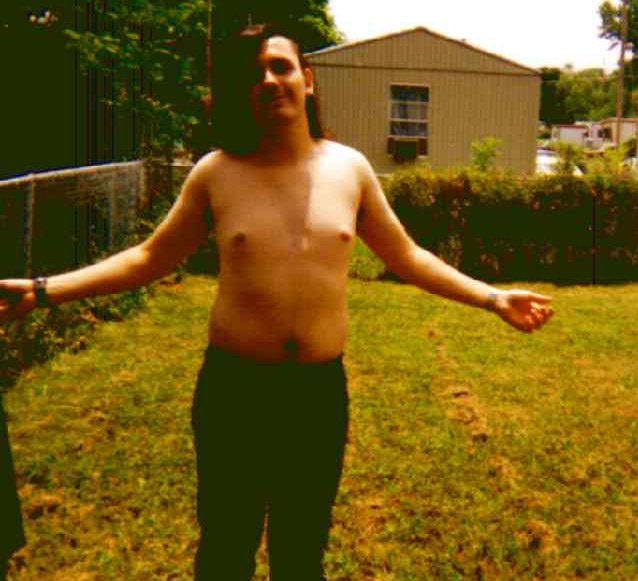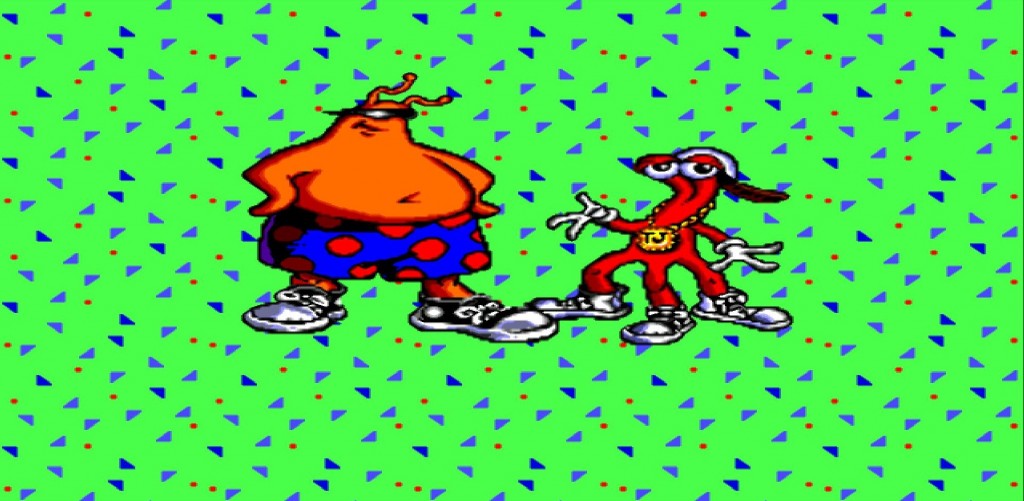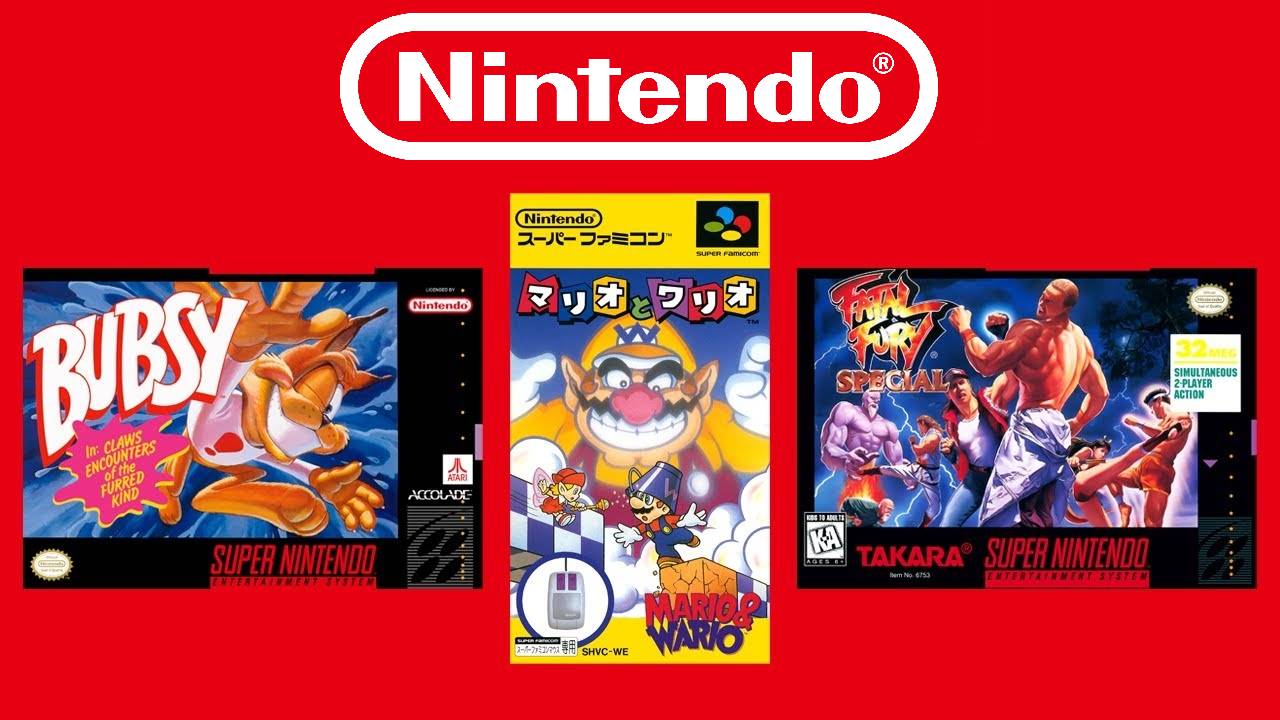The hum of CRT monitors, the click of cartridge locks, the glow of pixelated skies — these are more than memories to those of us who grew up with them. They’re emotional anchors, reminders of simpler days when the biggest challenge was beating the next boss, not managing inboxes or bills. That connection between nostalgia and happiness was at the heart of a thoughtful panel today at RetroGameCon in Syracuse, New York, titled “Press Start to Remember: Retro Gaming, Preservation, and Mental Health.”
(HEY YOU!! We hope you enjoy! We try not to run ads. So basically, this is a very expensive hobby running this site. Please consider joining us for updates, forums, and more. Network w/ us to make some cash or friends while retro gaming, and you can win some free retro games for posting. Okay, carry on 👍)
Hosted by Joseph Telesk, founder of Guardians Mental Health, and Derek Chung, founder of Nomnivore Games, the discussion explored how classic games shape our well-being, how they bring people together, and why preserving them matters more than ever in a world where physical media is quietly disappearing.
I was supposed to be filming this panel for a few family members who couldn’t make it to RetroGameCon this year, but I decided to share it with all of you instead. It’s unfortunate that this was the very first panel of the weekend, because only about fifteen people showed up, and they missed something truly special. The discussion, led by two well-spoken men who clearly understand the heart of retro gaming and emulation, explored how these experiences can deeply affect our mental health in positive ways. As someone who grew up in that era, I completely agree. I’ve uploaded the full talk on YT (minus the first 30 seconds) for those who didn’t get the chance to hear it live.
Joseph’s organization, Guardians Mental Health, focuses on promoting mental wellness throughout the gaming community, offering free mental health kits, peer support, and educational outreach for players, streamers, and esports teams. Derek, meanwhile, designs accessible tabletop games that welcome players of all backgrounds and abilities, and he teaches game design at the college level. Together, they spoke not just as professionals, but as lifelong gamers who have felt firsthand the healing power of nostalgia.
The Joy in the Pixels
The talk began lightheartedly, with both speakers sharing their “comfort games”, the ones they return to when life gets heavy. Derek smiled as he admitted that his go-to isn’t exactly what most people would expect.
“My comfort pick would be Tetris, but specifically because I take a lot of pleasure in watching my wife stress out playing it.”
The audience laughed, but there was something deeper in the moment. Everyone could relate,not necessarily to teasing a spouse, but to the simple joy of watching a game we know by heart. Joseph’s pick had a similar warmth. For him, it’s the original Warcraft, a game that still brings calm and satisfaction decades later. Those moments, he said, are more than entertainment; they’re emotional resets.
Both men described how these classics offer quiet structure, measured progress, and nostalgic safety, a stark contrast to the sensory overload of many modern titles. There’s something therapeutic about their simplicity, something pure in the way a single screen, a limited color palette, and a handful of buttons can still make us feel at peace.
That sense of comfort is no small thing. In a world that constantly demands our attention, booting up an old game can act like mindfulness through nostalgia. The predictable rhythm of jumping, building, and exploring soothes us in ways modern games rarely do. Simpler mechanics invite focus, not anxiety. The limitations themselves create calm.
Why Nostalgia Feels Like Coming Home
Nostalgia gets dismissed as longing for the past, but for gamers it’s often a return to emotional safety. Derek, who is also a psychotherapist, explained that our attachment to retro games goes beyond hobby, it’s a real psychological connection.
“There’s definitely a familiarity, a breath from all the typical daily stress that we’re going through.”
Every generation has its comfort objects, vinyl for music lovers, film cameras for photographers, old paperbacks for readers. For gamers, it’s the soft glow of an NES menu screen, the hum of a Dreamcast, the sound of a PS1 disc spinning to life. When we revisit those spaces, we’re re-entering a time when life felt manageable, maybe even magical.
Studies back up what most players already know instinctively: nostalgic play reduces stress, improves mood, and reinforces a sense of belonging. When we replay these games, we’re not escaping reality, we’re reconnecting with the parts of ourselves that felt most hopeful, imaginative, and free.
Joseph shared a story that brought that point home beautifully. Last Christmas, his brother flew in from Arizona after years apart. They dug through their father’s basement, found an old N64, and plugged it into a heavy, wood-paneled TV that hadn’t been touched in decades.
“We actually pulled out the old N64 and played Mario Kart… it was really healing and reconnecting with my brother.”
That kind of healing doesn’t come from therapy alone. It comes from rediscovering the joy of shared play — from the muscle memory of turning left on Rainbow Road and the laughter that follows a perfectly timed green shell. The games themselves are simple, but what they unlock is profound.
Games as Time Machines
When Joseph asked the room who still owned their original consoles, nearly every hand went up. That collective pride told its own story: retro gaming isn’t just about nostalgia, it’s about preservation.
Each cartridge, disc, and console holds a piece of cultural history. They represent design philosophies, art styles, and even hardware limitations that shaped how we think about interactivity. Losing them isn’t just losing entertainment; it’s losing the story of how an entire medium evolved.
“Games are modern mythology of our time… they tell the stories of who we were, what we dreamt about, and how we connected.”
That statement echoed across the room. It’s easy to forget that behind every pixel is a team of artists, programmers, and musicians who built these experiences from scratch. When old games vanish due to licensing issues, hardware failures, or closed online stores, we’re not just losing data,we’re losing creativity, innovation, and emotional heritage.
The Video Game History Foundation estimates that 87% of classic games released in the United States are no longer commercially available in any form. Imagine if 87% of movies or books were erased, not remade, not replaced, just gone. That’s the situation facing game preservationists today, and the implications are staggering.
In the digital age, the threat isn’t fire or decay, it’s access. When platforms shut down, entire libraries disappear with a single corporate decision. Today’s games are often locked behind subscriptions or DRM systems, meaning players “own” nothing tangible. Tomorrow’s collectors won’t find cartridges in thrift stores; they’ll find empty accounts and broken links.
The Power of Community Preservation
Despite the challenges, the speakers emphasized that communities are doing incredible work to keep history alive. Fans, modders, and indie developers have become digital archivists, creating emulators, patches, and repositories to ensure that these games survive.
“Communities and fans are keeping these games alive by emulating them, making fan sites, and giving them second lives.”
Derek talked about how many of his college students are turning to indie game development as a form of preservation — creating spiritual successors to the games that inspired them. From Celeste’s nod to Super Mario World physics to countless Metroidvania homages, today’s indie scene is filled with love letters to the past.
He also pointed out that accessibility and preservation go hand in hand. As players age or acquire disabilities, accessible design becomes a key part of keeping memories playable. A game that can’t be controlled or viewed comfortably isn’t truly preserved. It’s locked behind barriers that grow taller with time.
At the same time, both speakers acknowledged the “gray areas” of emulation and cloning. Legal debates aside, the heart of the preservation movement lies in love, not profit. It’s about giving new generations the chance to experience what made gaming magical, and reminding corporations that the art form belongs to everyone who ever held a controller.
When Old Games Heal New Wounds
The conversation circled back again and again to the emotional value of these memories. Retro games, Joseph said, are a form of “therapy through pixels.” They provide grounding during anxiety, connection during loneliness, and meaning during grief. The slow pace, the recognizable patterns, the nostalgic music — it all contributes to emotional regulation.
Modern research into play therapy supports what every lifelong gamer feels instinctively: repetitive, familiar play can lower stress hormones and trigger dopamine release in healthy, sustainable ways. It’s why so many of us return to Tetris, Chrono Trigger, or Super Mario 64 after a long day. These worlds are reliable. They don’t judge. They just wait for us to press start again.
“Nostalgia can be a real boost to mood… replayability gives us a sense of control and accomplishment… co-op games reconnect us with others even years later.”
That control, that sense of safety, is what turns retro gaming into self-care. In an era when digital storefronts replace physical ones, and algorithms try to predict what we’ll play next, choosing to return to something old is an act of defiance — and of remembrance.
Losing Access, Losing Ourselves
When the discussion shifted toward digital preservation, the tone grew more serious. The panel reminded everyone that once a digital storefront closes, access vanishes overnight. Steam, PlayStation, Nintendo… all rely on servers that will not last forever. Even games we “own” digitally can be pulled from libraries due to expired music licenses or backend shutdowns.
“When a server goes down or a game disappears, it can feel like a piece of our past was erased without a goodbye.”
It’s a sobering thought. We are the first generation whose childhoods can vanish with a software update. The physical cartridges and discs we grew up with had permanence. They could be repaired, shared, or displayed. A digital license, by contrast, is fleeting… a ghost of ownership that exists only at the mercy of corporate infrastructure.
The speakers encouraged everyone to support organizations working to safeguard these experiences, such as the Video Game History Foundation and the Embracer Games Archive. These groups are racing against time to legally store and catalog thousands of titles before they’re lost to neglect, legal red tape, or data rot.
They also reminded the audience that preserving the hardware itself is equally important. A game ROM without the original controller, display, or console loses part of its soul. The feel of an NES controller’s rectangular edges, the subtle warmth of CRT glow, these are as essential to the experience as the software itself. That’s why communities dedicated to building accurate upscalers, CRT filters, and FPGA consoles are doing vital cultural work, not just hobbyist tinkering.
The Future of Retro in a Digital World
There was humor, too. The crowd laughed as Derek and Joseph joked about lugging giant CRTs to LAN parties, and about the quirks of old hardware like the Sega Menacer or Nintendo’s Super Scope. But beneath the laughter was affection, and concern. As the gaming industry leans further into streaming and subscription services, fewer people will ever experience the tactile joy of swapping cartridges, blowing dust from connectors, or seeing “Now Loading” spin on a physical disc.
Retro gaming will soon depend entirely on preservation efforts, by communities, nonprofits, and perhaps the occasional enlightened corporation. Companies like Atari, which has recently begun re-releasing classic titles and hardware, offer a glimpse of hope. Their new consoles and compilations serve as bridges between eras, helping younger players discover what made those original experiences so special.
The speakers ended with a challenge to the audience: to protect what heals us. Playing an old game isn’t about clinging to the past — it’s about keeping alive the creativity, connection, and joy that shaped us.
“Retro games are more than just games. They’re comfort, they’re memories, and sometimes they can be medicine for us.”
It was the perfect summary of a message every retro fan understands intuitively. We preserve what we love not because it’s old, but because it still matters.
A Call to Keep Playing
Walking out of that panel felt like leaving a family reunion. Everyone in the room shared the same unspoken understanding — that gaming isn’t just about pixels or polygons. It’s about people. It’s about who we were and who we still are when the screen lights up.
If you still have your childhood console tucked away, plug it in tonight. Let that familiar startup sound wash over you. Remember the person you were when those buttons first felt new. In a world where digital replaces physical and tomorrow’s games disappear with the next firmware update, the act of replaying is an act of preservation.
Support organizations like Guardians Mental Health and the Video Game History Foundation. Back up your own library, share your stories, and teach the next generation what it meant to grow up in an age when fun came on plastic and friendship came from sharing controllers.
Because the next time you hear the chime of The Legend of Zelda or the first few notes of Chrono Trigger, you’ll feel it again… that quiet joy that tells you you’re home.
 Retro Replay Retro Replay gaming reviews, news, emulation, geek stuff and more!
Retro Replay Retro Replay gaming reviews, news, emulation, geek stuff and more!
